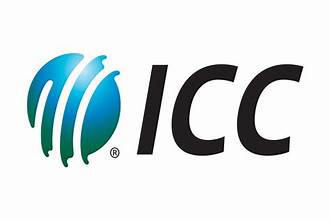In Pakistan, the annual financial declaration account, known as “Budget”, presented according to policies rules and laws of Government, with the reference of various articles of the constitution of Pakistan 1973.
The budget-making process
Budget statement presented in the lower house of parliament known as National assembly. The document of the budget presented by the finance minister after the passage of the finance bill in the parliament. And approved by the figurehead of the state (The President) within the tenure of 30 days.
It takes hard work and a lot of time in making the financial document known as the annual budget. The budget-making process starts from October every year with the issuance and acts making budget of a budget cell circular (BCC) by the ministry of finance. From November to February, these ministries and divisions submit their financial statement or proposal to concerned division. Consideration and approval of these financial statements or budgets are done in May and June.
After the completion of the financial document, the statement becomes or known as part of the annual budget plan. After the approval of the cabinet, the budget presented in the National Assembly and then forwarded to The President for approval. The president must give his approval within 30 days tenure. After the approval of The president, it becomes a law or policy of the Government for the public.
- Article 77: Tax to be levied by law only— No tax shall be levied for the interest, purpose of the federation except by or under the authority of an act of Majlis-e-Shoora (Parliament).
- Article 80: Annual budget statement—“The federal government shall in respect of every financial year, cause to be laid before the National assembly a statement of the estimated receipts and expenditure of the Federal Government for that year, in this Part referred to as the annual Budget statement”.
- Article 81: It enunciates the expenditure charged upon the federal consolidated fund.
- Article 82: It is related to expenditure charged upon the Federal consolidated fund may be discussed in, but shall not be submitted to the vote of the National Assembly.





i love this complete post